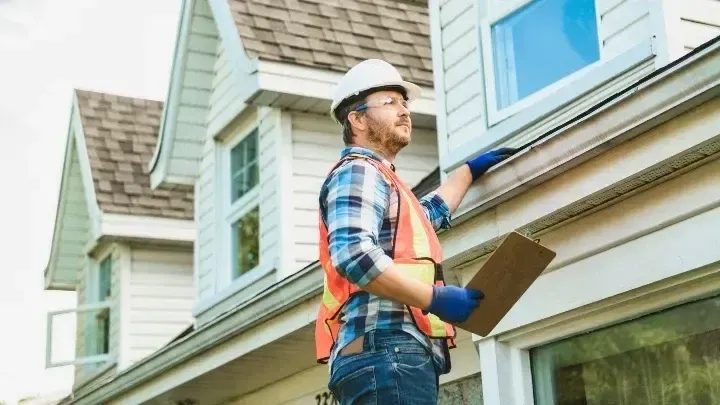Blog & Resources

Top Property Inspections
The 5 Inspections Every Buyer Should Prioritize Before Closing on a Property
Buying a property is one of the most exciting—and nerve-wracking—parts of real estate. Whether you're purchasing your first home, a rental, or a fix-and-flip opportunity, there's one part of the process that can make or break your investment: inspections.
It’s easy to fall in love with a property at first glance. Maybe the exterior is charming, the kitchen is newly remodeled, or the layout is exactly what you've been searching for. But beneath the surface, there can be hidden issues that only a thorough inspection will uncover.
A general home inspection is the first step. This broad overview gives you insight into the property’s structural condition and essential systems like the roof, plumbing, electrical, and HVAC. Think of it as your baseline—if problems are found here, it’s usually a signal to dig deeper.
Termite and pest inspections are often overlooked, but they can reveal serious damage that isn’t visible during a walk-through. In warm climates, coastal or areas with older homes, termites can silently wreak havoc on a property’s foundation and framing, leaving you with expensive repairs and major delays. Don’t let their small size fool you—they can cause big problems!!
One of the most underrated inspections is the sewer line inspection. This involves sending a camera through the main sewer line to check for blockages, tree root intrusion, or broken pipes. It’s not glamorous, but sewer line repairs can cost thousands. Catching issues early can save you from a very unpleasant surprise shortly after closing.
While a home inspector will often test the heating and cooling systems briefly, it’s a smart move to have the HVAC system evaluated more thoroughly—especially in regions where climate control is a must. If the unit is old, leaking, or inefficient, replacement costs can take a big chunk out of your renovation or move-in budget.
Depending on the property, additional specialty inspections might be necessary. If the home has a pool, you'll want to make sure it’s in safe and working condition. If you notice cracks in the walls or sloping floors, a foundation specialist should be called in. In homes built before the late 1970s, lead paint or asbestos testing might be required. And if there’s been any sign of water damage, a mold inspection could be critical to protecting both your investment and your health.
In my experience as a real estate investor, skipping even one of these inspections can be the difference between a smooth project and a financial headache. The goal is never just to close a deal—it’s to make sure the deal works for you.
Inspections aren't about being overly cautious—they're about being smart. Protecting your capital and understanding the full picture of the property puts you in a stronger position to negotiate, plan, and succeed.
CONTACT US
